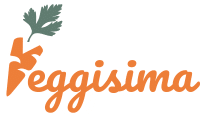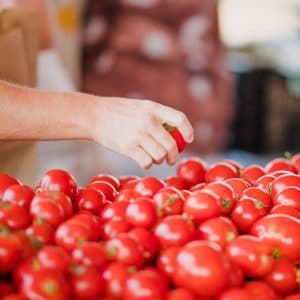| Module 1 | Whole foods plant-based diet. | |
|---|---|---|
| Unit 1 | Que es y sus Benefits- health (cardiovascular, HTN, cancer, diabetes, constipation, obesity), animals, environment. | |
| Unit 2 | Difference between vegan and plant-based diet | |
| Unit 3 | Los errores más comunes durante la transición | |
| Unit 4 | Que esperar cuando se hace la transición (cambios en el intestino, cambios en los sabores, hambre, no encontrar soporte de familia y amigos, falta de conocimientos en la cocina) | |
| Unit 5 | How to build a healthy plate | |
| Module 2 | Plant based protein | |
| Unit 1 | Importance of Protein | |
| Unit 2 | Recommended protein intake | |
| Unit 3 | How to read labels- find protein content in labels | |
| Module 3 | Carbohydrates | |
| Unit 1 | Hierarchy of carbohydrates | |
| Unit 2 | Benefits of eating carbohydrates | |
| Unit 3 | Fiber and benefits, recommended intake | |
| Unit 4 | How to read label- understand sugar content in packaged foods | |
| Module 4 | Vitamins and Minerals | |
| Unit 1 | Key nutrients in a planta based diet: Vitamin D, B12, iron, zinc, calcium, omega 3, iodine | |
| Module 5 | Culinary substitutes (list of common substitutes) and stocking a vegan pantry. )If it´s in your house, is in your mouth) | |
| Unit 1 | How to veganize recipes | |
| Unit 2 | Diary | |
| Unit 3 | Meats | |
| Unit 4 | Fish | |
| Unit 5 | Eggs | |
| Unit 6 | Honey | |
| Module 6 | Habit changing | |
| Unit 1 | Discovery of blocks or barriers | |
| Unit 2 | Goal settings | |
| Unit 3 | Habit modifications | |
| Unit 4 | Tips for difficult situations (social events, eating out) |
Powered By WP Courseware


